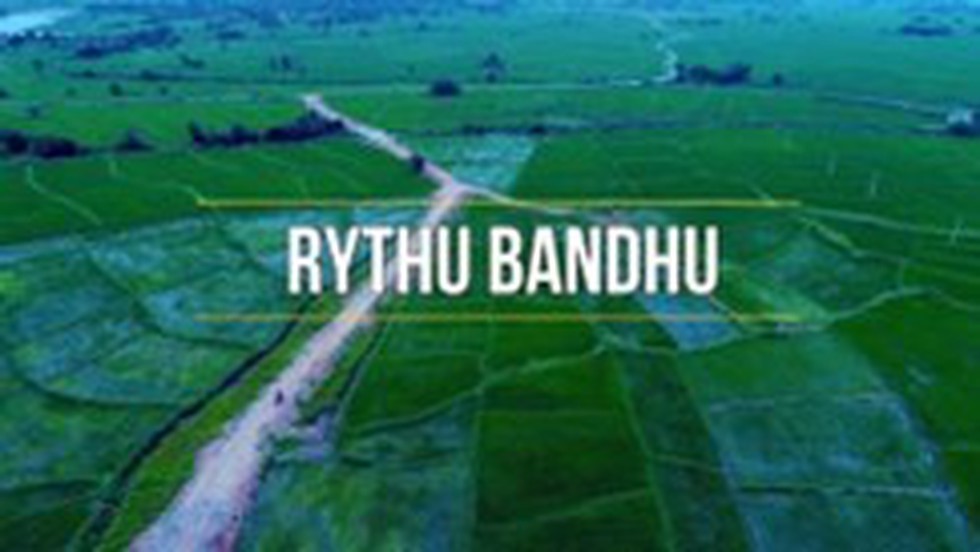
Rythu Bandhu Scheme

29.11.2023
Rythu Bandhu Scheme , Daily Current Affairs , RACE IAS : Best IAS Coaching in Lucknow
|
For Prelims: About Rythu Bandhu Scheme,Important points,Objective of the scheme, Financial assistance under the scheme,Eligibility for the scheme |
Why in the news?
Recently the Election Commission withdrew permission to the Telangana government to provide financial assistance to farmers for Rabi crops under the Rythu Bandhu scheme.
Important points:
- The Election Commission ordered that all payments under the Rythu Bandhu scheme in Telangana be stopped before the election results.
About Rythu Bandhu Scheme:
- Telangana Chief Minister K. Chandrashekhar Rao (KCR) launched the Rythu Bandhu scheme in May 2018 to help farmers financially.
- Under the scheme, the state government provided Rs 5,000 per acre as agricultural investment for two crops to 58 lakh farmers in Telangana.
- This is the country's first direct farmer investment assistance scheme where cash payment is made directly to the beneficiary.
Objective of the scheme:
- To provide timely cash grants for initial investment needs of farmers
- To ensure that farmers do not fall into the debt trap.
Financial assistance under the scheme:
- Under the scheme, financial assistance of Rs 5,000 per acre per farmer is transferred directly into the account of each farmer in each season.
- This financial assistance was distributed twice a year, allocated for both Kharif and Rabi crops.
- The assistance can be used to purchase inputs such as seeds, fertilizers, pesticides, labor and other inputs in field operations of the farmer's choice for the crop season.
Eligibility for the scheme:
- The scheme is open to all resident farmers of the state who own land.
Farmers cultivating land in the forest, most of whom belong to Scheduled Tribe communities and have Record of Forest Rights (ROFR) documents, are also eligible to receive benefits under the scheme.